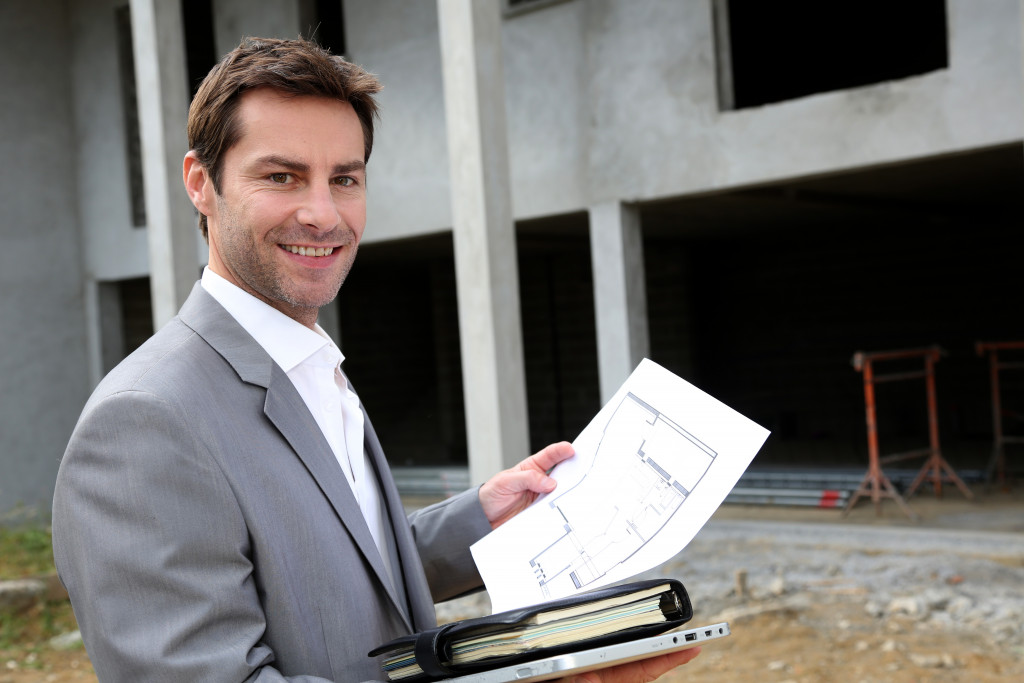Are you thinking of starting a fix and flip real estate business? If you are, there are some things about it that you need to know before getting started. Many people or entrepreneurs, especially beginners, make the same mistakes when getting into the fix and flip business.
For the readers who’ve just stumbled upon this article and found it interesting to read through, here’s a quick rundown of how fixing and flipping works.
The fix and flip business is an endeavor where you buy a property, then repair and renovate it to sell for a profit. If done correctly, it can prove to be a profitable business. However, it’s also not as easy as it may seem. The business requires work, time, and effort before you see any substantial financial gain. It takes a lot of preparation and analysis to make the most out of the properties you buy. In some cases, it may take time before you can flip it for a valuable price.
The warning is not to discourage you from getting into the fixing and flipping business. We’re just letting you know what kind of commitment it requires so that you can make the best decision for yourself. There is a lot you can gain from fixing and flipping since the margins are generous. If you put your heart into it, you may find yourself financially securing your future in no time.
If you’ve finally decided that you want to get into the fixing and flipping business, here are some of the things you should know beforehand.
Calculating Risks
There’s no better place to start than planning out your financial position when getting into a fixing and flipping business. Financial risk will always be a threat, making it necessary to prioritize limiting it. When you do your due diligence, you avoid paying too much to home by doing your research and ensuring that the price tag of a potential property doesn’t exceed its actual market value. It allows you to secure the best possible deal on any property that you’re considering.
Before you sign the papers and push through with a deal on any property, assess how much you’d spend on repairs on renovations. You’ll get a clearer picture of whether to buy a property once you identify its after repair value or ARV.
A good rule of thumb is not to spend more than 70% of a property’s ARV. For example, if the cost of the property repairs is $50,000, and the ARV is at around $200,000, paying more than $90,000 for the property itself might not be ideal. That’s 70% of the ARV minus the cost to repair.

Funding
Like in any other business, funding will be the lifeblood that runs it. Before starting a fix and flip business, you must identify how to fund your new entrepreneurial endeavor. Will it be out-of-pocket, or do you prefer securing a loan? We recommend that you finance your fixing and flipping business through a loan since it can be expensive to start. It’s the better option when starting a business.
Through business loans like hard money loans, you won’t have to shell out a large sum of your money upfront. You’ll be able to secure more flexible payment terms that you can pay for in installments in a set amount of time. It takes away most of the financial pressures when starting your business and helps you focus on more important things.
Researching well what kind of loan you should pursue and thoroughly discussing the payment terms and length is necessary. That information is crucial in deciding whether the business is viable for your situation. The potential profit from fixing and flipping is so enticing that it can blind you from what you need to get right beforehand, so don’t get lost daydreaming and make sure you can sustain it.
Knowing Your Limitations
As stated earlier, the flipping and fixing business requires skills, knowledge, and a ton of patience. Knowing which areas you may need help or assistance in can help you better understand how to operate the business efficiently and quickly.
For areas that you find yourself weak at, consider getting professional help. If you don’t have an eye for design, get an architect or an interior designer. If you’re not knowledgeable enough to know what properties are worth buying, consult a real estate professional or hire a home inspector.
By understanding your weaknesses and limitations, you can assess in which areas you will need help. You can then hire professionals you need who can assist you in your business to reach the best possible outcome for the best possible profit. It also allows you to plan better financially by adding in the cost of their services and expertise in advance.
Final Thoughts
The business of fixing and flipping houses, while expensive and time-consuming, is a ton of fun to do while being profitable. It can also be rewarding since there is a physical representation of all the hard work you put into it, which is the house you’ll sell. Don’t be afraid to get into fixing and flipping houses, but also don’t be a complete rookie too. Take these things you’ve learned about the business today and get one step ahead of the competition.




